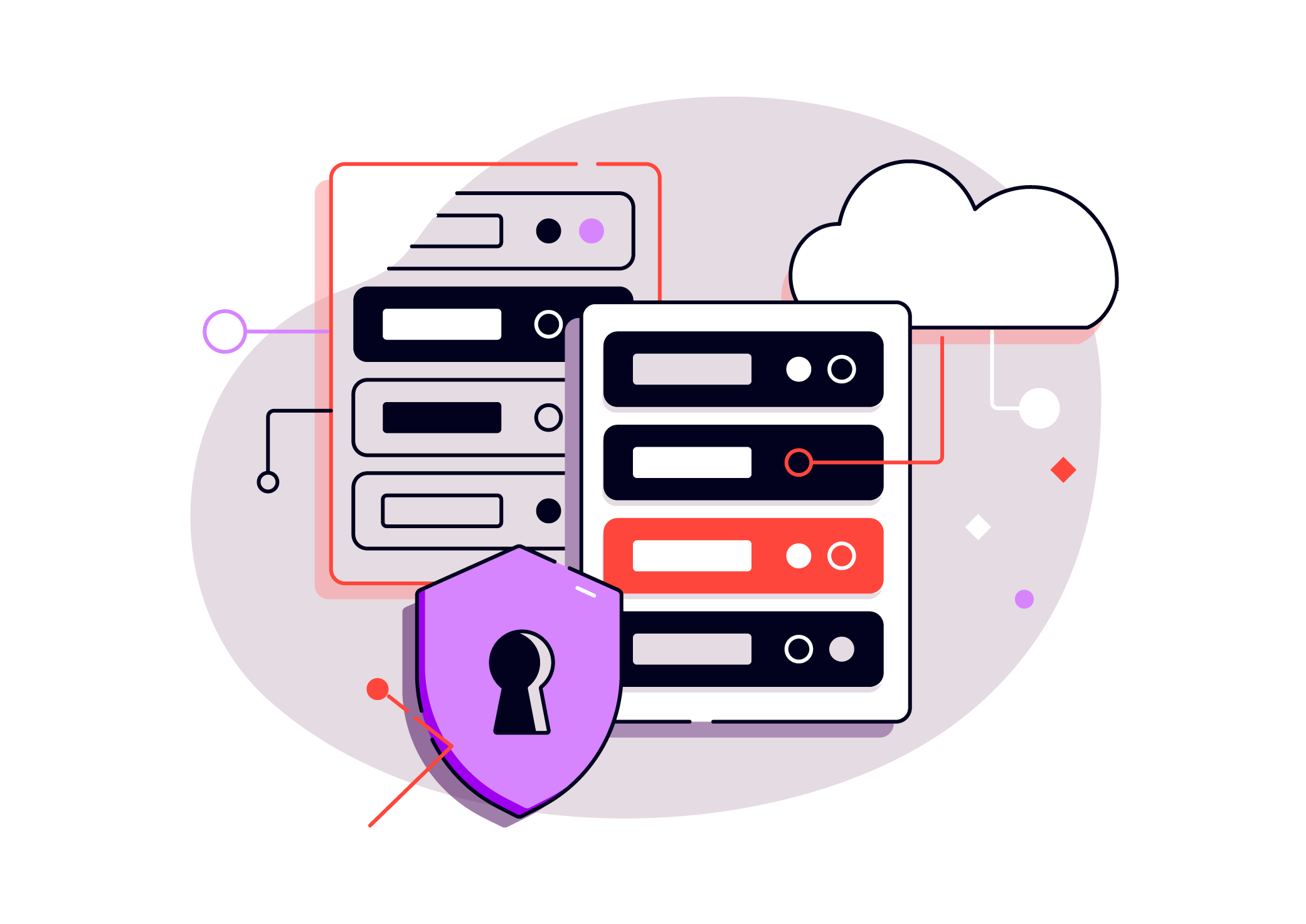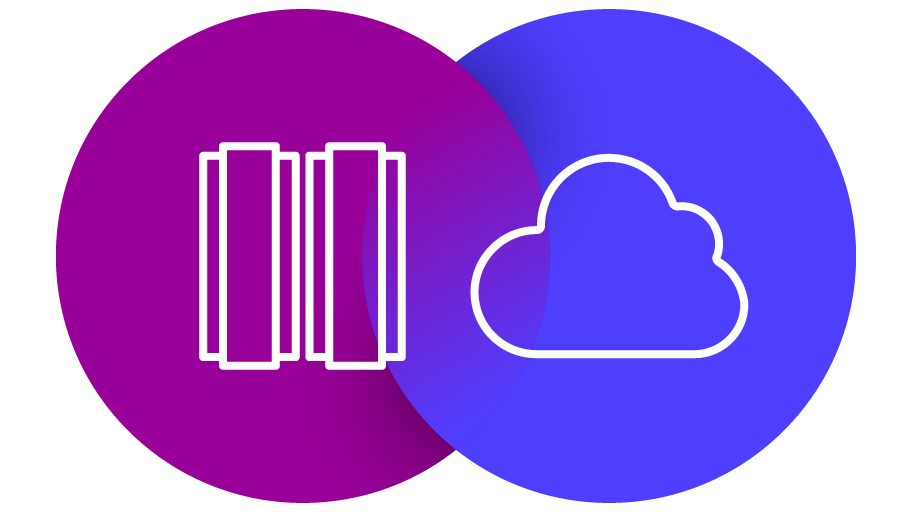Hybrid HPC Cloud


Cloud computing promises organizations to vastly reduce operational costs, increase efficiency, and become leaner, making them more adaptable to change. But not all clouds are created equally and delivered on these promises.
With the growth of Data Science and AI, organizations need cloud solutions optimized for these new capabilities with predictable performance and economics.

Hybrid HPC Cloud offers enterprises the optimal blend of Private Cloud Control with the flexibility and scalability of Public Cloud, enabling them to efficiently manage computational workloads. This approach streamlines operations and reduces costs while lowering the dependence on a single Cloud Service Provider (CSP)
No one size fitts all. The highly standardized approach by Hyper-scaler clouds deliver less optimized and performant outcomes.
Access to optimized computational power needed for advanced tasks like AI and Machine Learning, within your own realm of control.
Keep strategic self-determination and Independence to protect your digital assets and freedom of choice, as it conflicts with a “Public Cloud Only Strategy”.
Mitigate Compliance issues that are caused by national and international laws concerning the use of Foreign Public Cloud Services.
Reduce the costs of Cloud by adding a private cloud to the mix that provides a transparent, capacity (not transaction) based cost model.
Hybrid cloud, a computing environment that combines a mix of on-premises, private cloud, and public cloud services, is a valuable solution for businesses facing a number of challenges. Here are a few scenarios where hybrid cloud could be particularly beneficial.
Accelerated Today, Ready for Tomorrow
Sovereign HPC adjusted to your special needs
Let’s discuss how we can help you